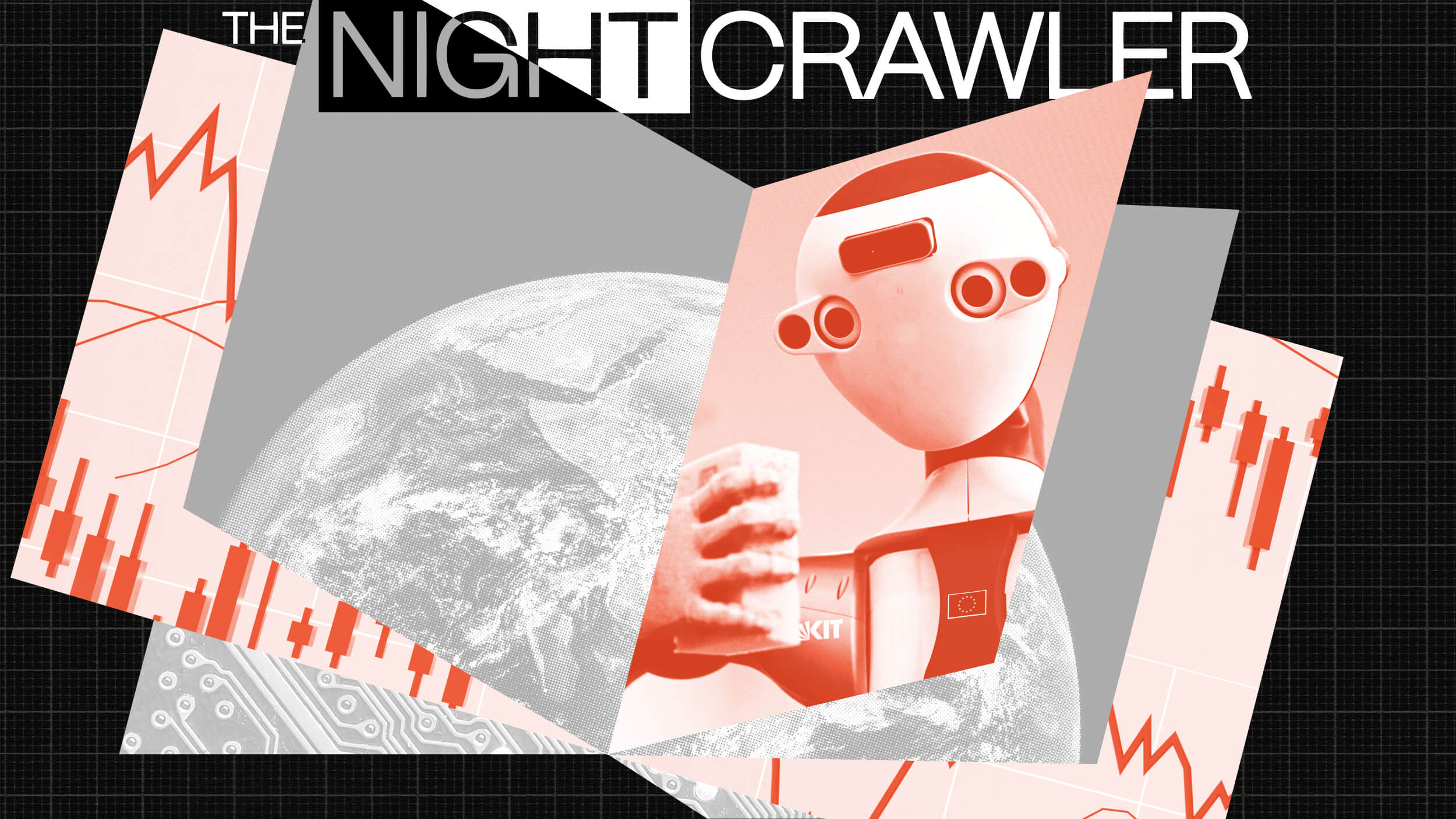Bob Lieber spent his entire career at Lehman Brothers. Now he makes a dollar a year as Deputy Mayor for New York City. How did he manage for the new challenge?
Question: What was it like to make the switch from private industry to public service?
Bob Lieber: I had a great career working on Wall Street. It was a very rewarding career, a great experience; I learned a ton. What I realized several years ago was that you need to change things up every now and then. You need to make sure that you're doing things that you're excited about; that you can get up in the morning and you can be motivated. And kind of the old rule that I used was, I never want to have a job where I have to use an alarm clock to get up in the morning. And I'd had, again, a great career at Lehman Brothers, and I looked around, and I said, you know, what else is there to do? Isn't there something else that I can do to make a meaningful contribution, to do something that capitalizes on my experience and my skills and apply it in a different way?
And when I looked at what Mike Bloomberg as Mayor of New York City was doing and the economic development agenda that he had, the development projects, the real estate-related projects that he had -- my background, you know, when I worked at Lehman Brothers was in real estate and real estate finance. So maybe there'd be something interesting to do sometime there. If New York City is actually able to get the 2012 Olympics, they may need to do something around real estate. So I've been watching this and thinking about this for several years. And then one thing led to another. New York did not get the Olympics, obviously, but still there were tremendous opportunities and grand plans. And I said, maybe there's a way I can go do something and make a different impact than the one that I've made in my existing career.
There was an opening I became aware about as president of the Economic Development Corporation for New York City, and I said, maybe this is a great time to try and do this. There's three years left in the Bloomberg administration; I can make an impact perhaps. I see what's going on: they're rebuilding, building a new Yankee Stadium, they're planning on building a new Mets Stadium, there's development around all these areas; this would be something that would be really interesting. So I called the then deputy mayor, Dan Doctoroff, and said, hey, you know, I don't know whether there's anything that I can do, but if you're interested, I'd be happy to talk to you. So one thing led to another, and I retired from Lehman in 2006 and started working for the City of New York in the beginning of 2007, and it's been a phenomenal experience.
I didn't really know what to expect going into this. My background was never around politics or public sector. As I joke with people, I never took a political science course in college. I mean, I did something that's really very new to me. But it struck me that there are things that still can get done. And bringing some of my background experience, private sector orientation, I think is helpful in some respects in terms of how do you identify projects? How do you prioritize projects? How do you establish a time frame and a set of goals and metrics that you can use to get things done? And one thing that's so different about this sector is that it -- different than the private sector -- is that in government there are many more competing priorities or objectives than in the private sector. Private sector it's pretty simple to figure out how do you get from here to there? It's really about where are the economics -- and the parties with whom you're negotiating or having discussions -- really driven about what's the economics? In the public sector there are a lot more issues that come into play, and there are a lot more factors that influence how decisions get made and how projects and progress actually gets made. It includes working with elected officials; it includes working with community boards and representative in the community; it includes working with the press and a host of different constituents on the local and the state and even in cases on the national level, in addition to what you would do working with the private sector.
So it's a lot more complicated than I thought it was going to be. In some respects it's easy to make a positive impact because there are some things that strike you as, gee, why wouldn't we do that anyway? And then there are other aspects of it that are much, much more complicated than what I thought. So I have to really be much more thoughtful about how you get from A to B, and what are the different steps that you need to employ to try and get there, particularly when it's -- and recognize it's not just about the economics.
Recorded on November 20, 2009





